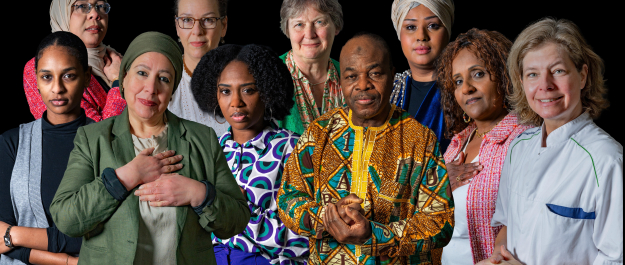This year, the Centre for Humanitarian Data is marking ten years of the Humanitarian Data Exchange (HDX) - a revolutionary platform that has transformed data sharing in the humanitarian sector. Launched in July 2014, HDX has dramatically improved the way data is accessed and utilized during crises and is a resource that is used by humanitarians all over the world. For humanitarians, the stakes remain high, with the UN estimating that approximately 300 million people are currently in need of humanitarian assistance.
United Nations Office for the Coordination of Humanitarian Affairs
Headquartered in The Hague’s Humanity Hub, the Centre is managed by the United Nations Office for the Coordination of Humanitarian Affairs (OCHA). OCHA has a mandate to coordinate the response to global humanitarian crises, working together with international partners to tackle humanitarian emergencies and save the lives of people caught in crises. OCHA helps mobilize aid, share information, support humanitarian efforts, and advocate for crisis-affected communities.
Before HDX, the humanitarian sector lacked a cohesive approach to data management. Accessibility was a major issue, with vital information often scattered across numerous sources, making it difficult for workers to locate and access the data they needed. If data was available, trust and reliability were often major concerns. A lot of data was also held locally in static, ‘offline’ files making it more difficult to share, and ultimately hampering the ability of aid workers to deliver assistance fast and effectively.
HDX was designed to address these issues head-on, providing a centralized platform where humanitarian data could be easily accessed, shared, and trusted.
In 2014, the world faced one of the most severe Ebola outbreaks in history, primarily affecting West Africa. The outbreak posed unprecedented challenges for the global humanitarian community, testing the limits of international coordination and data sharing. Amidst this crisis, HDX, which had just been launched, emerged as a vital tool for managing and disseminating crucial information. HDX provided a centralized platform where governments, NGOs, and international agencies could upload and access real-time data. The platform's open access and user-friendly interface facilitated improved decision-making, resource allocation, and coordination among responders. HDX's ability to offer timely updates and enhance transparency proved essential in controlling the outbreak, setting a new standard for data-driven humanitarian response and underscoring the critical role of technology in managing global health crises.
During the last decade,
The Centre for Humanitarian Data was created to build on this important breakthrough, and make the humanitarian sector more data-driven and analytical.
What is humanitarian data?
Humanitarian data is information that can be used to aid relief efforts in areas hit by conflict, natural disasters, or other crises.
In any given country, humanitarian data falls into three main categories:
- Baseline data about the people in the country
- Data demonstrating the needs of the population
- Data that can assist response efforts
*Picture: one of the pictures of the 'One day I will' Photo exhibition of Vincent Tremeau
Within these areas, data can be used to calculate essential requirements for things like food, healthcare and shelter, while helping humanitarian workers better understand the environment they are working in. Accurate and reliable information also helps decision-makers coordinate relief efforts, and gives the media statistics and visuals to carry the story to wider audiences.
In the last decade, the HDX platform has greatly increased its reach. Initially comprising a few hundred datasets that were used by just a handful of organizations, HDX today brings together over 20,000 datasets from over 200 partners. In 2023, the HDX platform was accessed by 1.4 million people in 230 countries and territories.
In 2023, the HDX platform was accessed by 1.4 million people
in 230 countries and territories.
The Humanitarian Data Forum, 12-14 June in The Hague
As the humanitarian sector faces increasingly complex and interconnected crises, the demand for robust, accessible data grows ever more urgent. The Humanitarian Data Forum was organized to explore pressing questions about the future needs of humanitarian data, the influence of emerging digital technologies, and the principles that will guide data communities forward. Over two days, more than 130 senior representatives from UN partners, local NGOs, academics, donors, and the private sector gathered in The Hague for a series of talks and workshops designed to bring participants together to shape the future of humanitarian data.
United Nations Exhibit: 'One Day, I Will'
This exhibit documents the hopes and dreams of children trapped in crises. All aged between 6 and 18 years old, the youth featured here have dressed up to show us who they want to be when they grow up, using costumes and props from their immediate surroundings. By tapping into each child’s vision for the future, photographer Vincent Tremeau gives us a unique glimpse into their current circumstances and challenges. Check the website with current exhibit locations.
More about the Humanity Hub
UNOCHA is based in the Humanity Hub. The Hague Humanity Hub supports and strengthens the ecosystem for a more peaceful and just world. They facilitate connections and innovation by offering the necessary ingredients for chance encounters, new alliances, inspirational collaborations, and the exchange of knowledge.
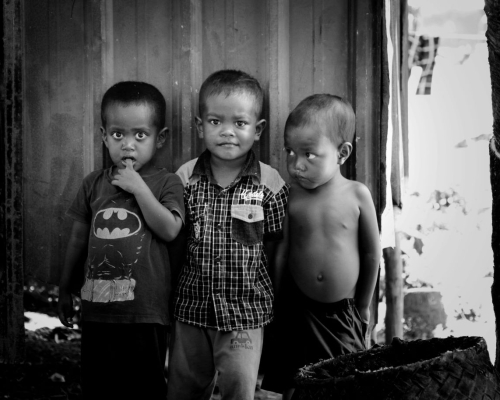

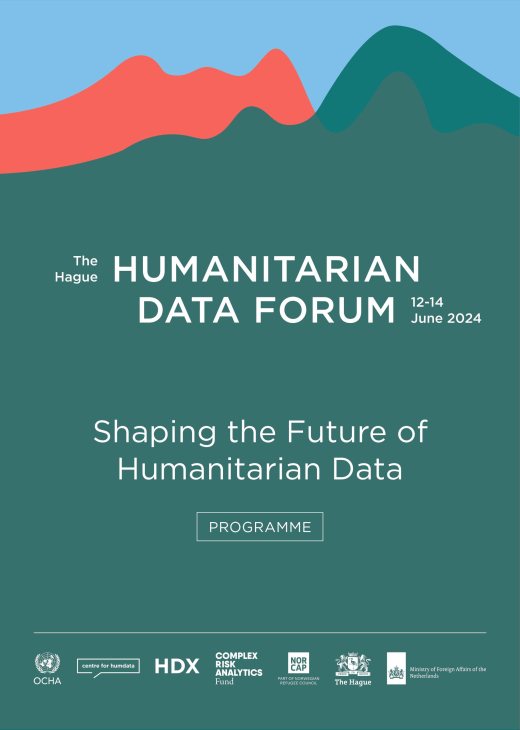
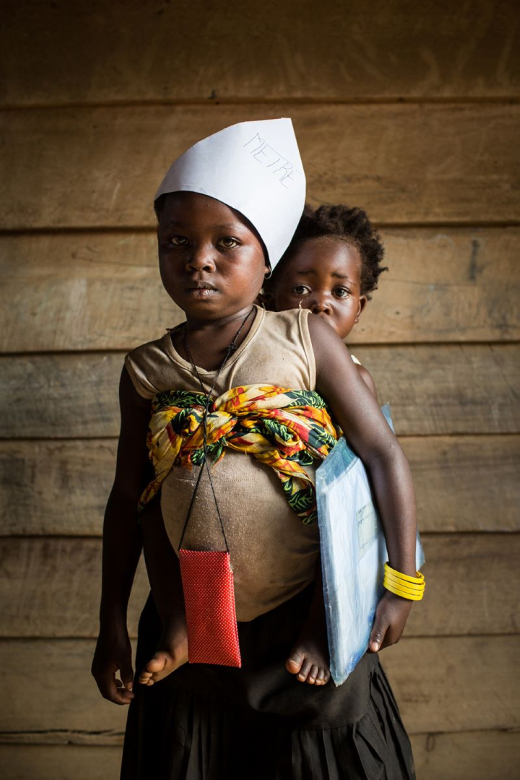


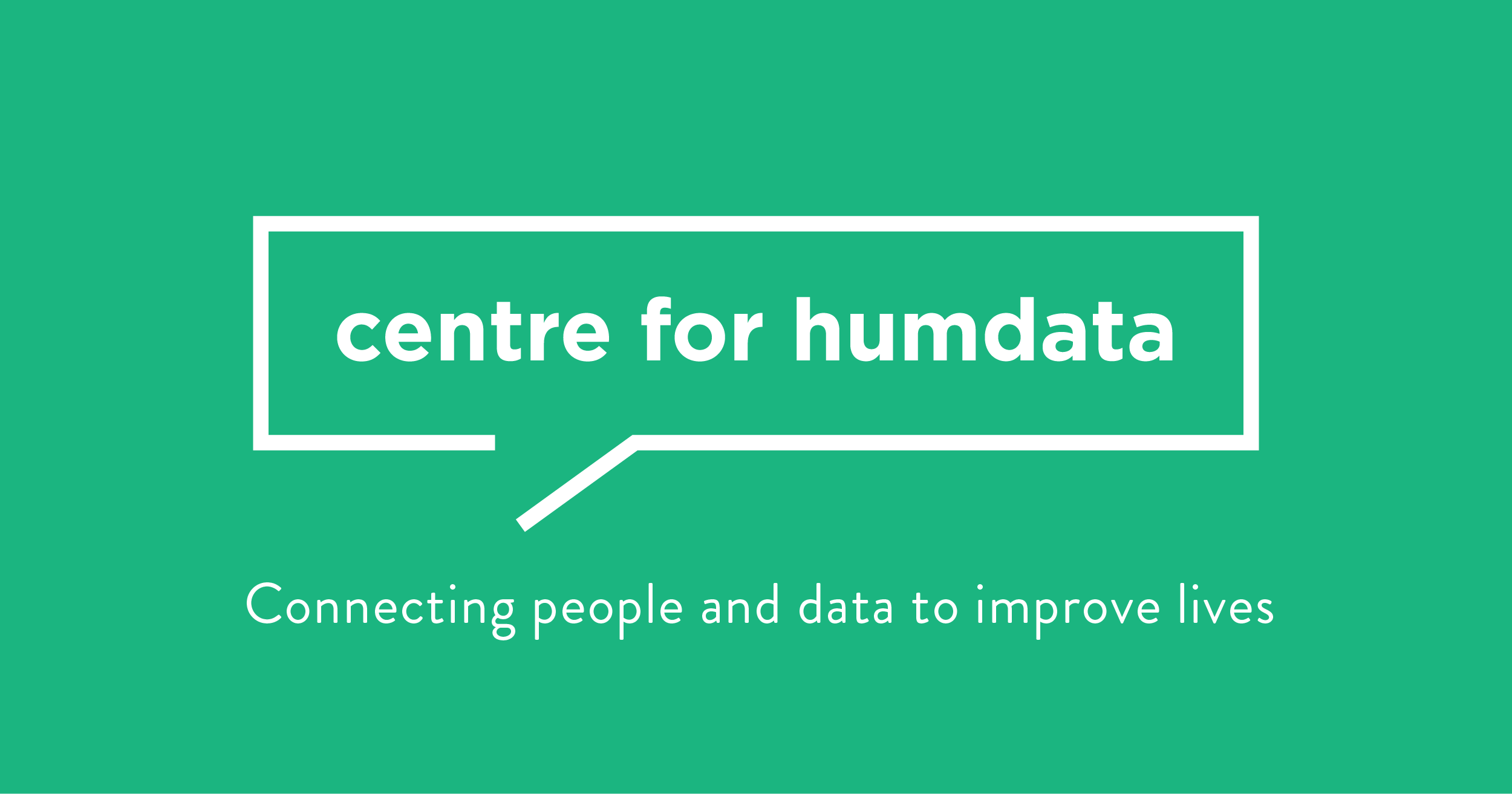

![Safiye Janson and Lotte Ottevanger in front of their project [S]exposed. Photo credit: Shari de Boer. Safiye Janson and Lotte Ottevanger in front of their project [S]exposed. Photo credit: Shari de Boer.](/sites/default/files/styles/keyvisual_teaser_small/public/dam_media/08.Shari_de_Boer_%2528S%2529exposed.jpg?h=1247a3be&itok=km7VIId8)
